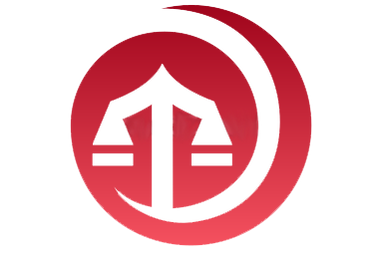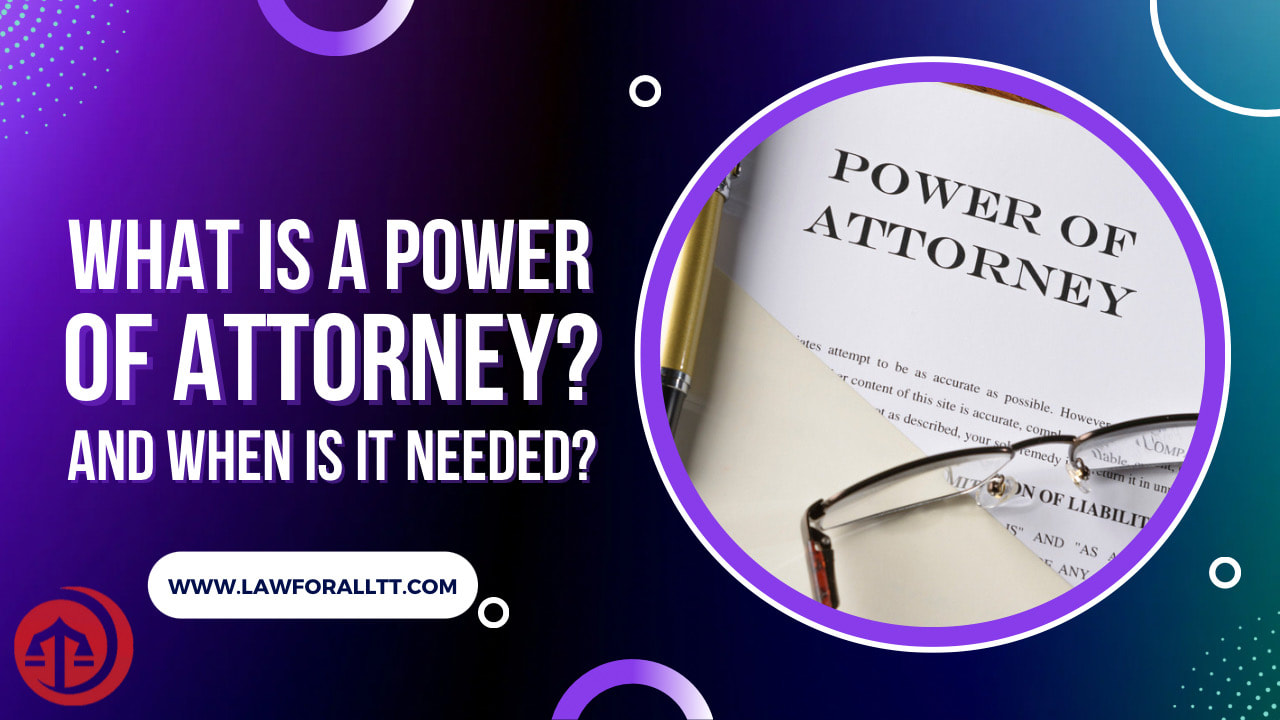|
A Power of Attorney is a legal document that empowers one person to conduct business on another's behalf and manage his or her affairs. The person giving the power is usually called the Donor. The person who is given the power is called the Donee or Attorney. Here's what you should know about Powers of Attorney:
1. A person appointed under a Power of Attorney is not required to be an attorney-at-law.
Although the person on whom the power is conferred is called an "attorney" that person is not required to be an attorney-at-law. This person can be a trusted family member, friend or acquaintance. 2. Powers of Attorney are usually used in certain circumstances. Powers of Attorney are usually used when the Donor lives abroad or has a disability or is ill (but not mentally incapacitated) or faces challenges in managing personal affairs, conducting business, signing legal documents, or attending financial institutions. One should always consult with an attorney-at-law in regard to whether their circumstances require the use of a power of attorney as these documents give significant powers to the person or persons appointed by it. 3. There are different types of Powers of Attorney
4. A Power of Attorney ceases to be effective once the donor's mental capacity is impaired. In Trinidad and Tobago, except for particular circumstances expressed in section 58 of the Conveyancing and Law of Property Act, once a Donor becomes mentally incapacitated, the Power of Attorney is revoked, that is, the Attorney can no longer legally act on the Donor's behalf. In other countries, such as the United Kingdom, laws have been passed to allow for Powers of Attorney to remain valid even after the Donor has become mentally incapacitated. However, Trinidad and Tobago presently has no legislation in place to allow for this. In Trinidad and Tobago, if a Donor becomes mentally incapacitated and his or her relatives would like to act on his or her behalf, they would have to make an application to the court under the Mental Health Act to be appointed as a Committee of the mentally incapacitated person’s property. 5. A Power of Attorney must be registered to be effective. In Trinidad and Tobago, a Power of Attorney takes the form of a Deed and must be prepared by an attorney-at-law and must be registered at the office of the Registrar General.
6. A Power of Attorney can be revoked.
A Donor can also revoke the powers he or she has given to a Donee. This is done by drafting, signing and registering a Deed of Revocation.
Important Notice: This post does not constitute legal advice. Always consult with an attorney on any legal problem or issue.
This website is managed by AURORA Chambers; a law practice in Trinidad and Tobago. Click HERE to receive updates straight to your inbox by subscribing to our newsletter.
5 Comments
Shiva Persad
9/5/2022 08:32:37 am
Information appreciated
Reply
Giselle
2/5/2023 04:18:52 am
Hi, what are the options for a relative who suffered a stroke? I know social welfare has a thumbprint option but anything POA related?
Reply
9/5/2022 09:10:12 am
Hi Howie, see the following article: https://www.lawforalltt.com/recent-articles/10-questions-on-tts-marijuana-laws-answered
Reply
Leave a Reply. |
Categories
All
Archives
June 2024
|
LawForAllTT.com |
|






 RSS Feed
RSS Feed